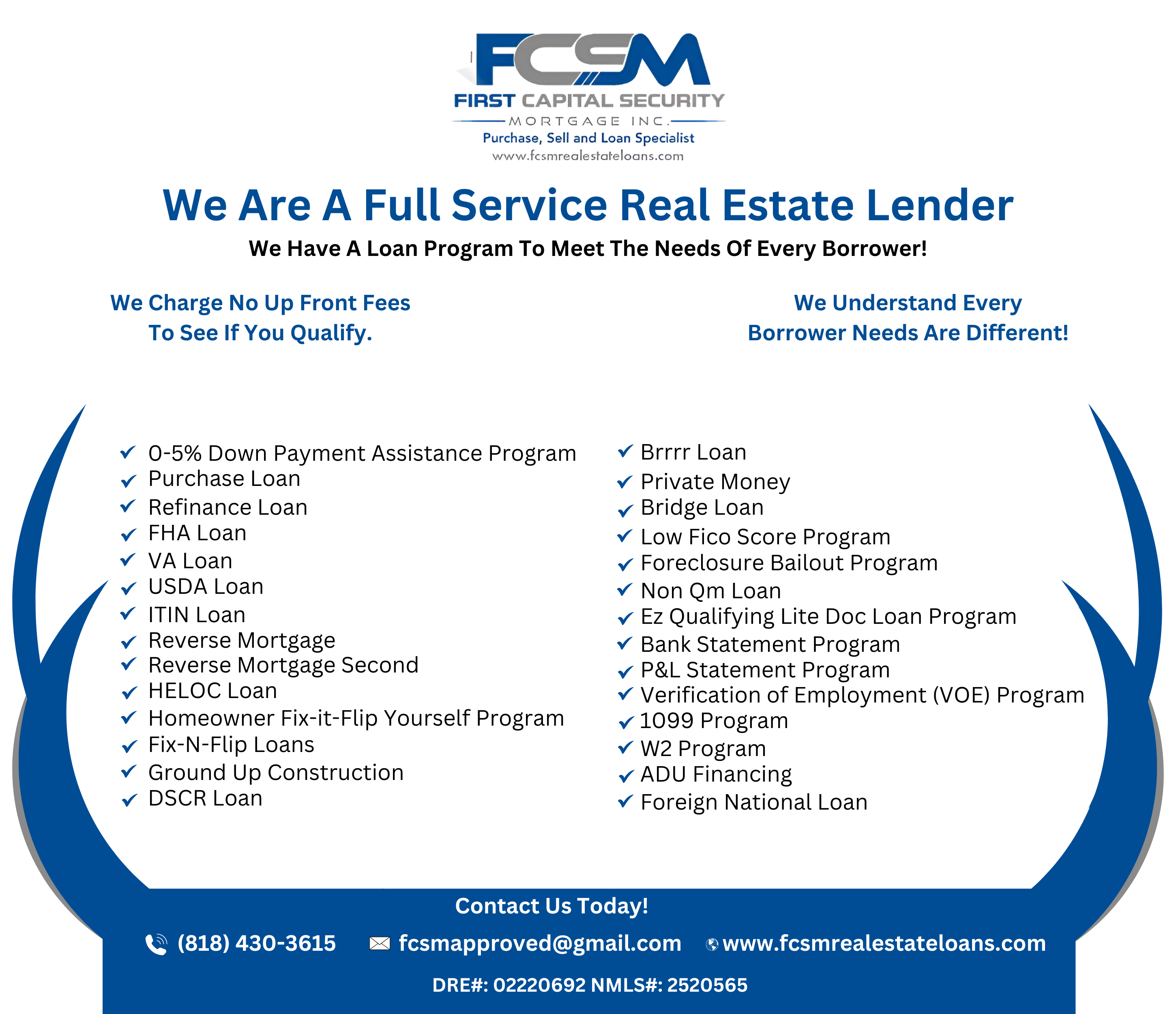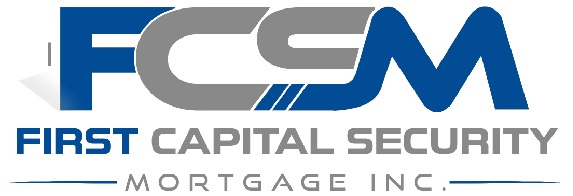Reverse Mortgage (HECM) or Home Equity Line of Credit (HELOC): Which is the Better Choice for You?
As we age, our financial needs and priorities often shift. Many homeowners 62 and older find themselves with significant equity in their homes but may face challenges accessing that wealth due to fixed incomes. This is where the decision between a Home Equity Conversion Mortgage (HECM), commonly known as a reverse mortgage, and a Home Equity Line of Credit (HELOC) becomes crucial.
While both options allow you to tap into your home’s equity, there are significant differences that make a reverse mortgage a more advantageous choice for many seniors. Let’s delve deeper into why.
Key Advantages of a Reverse Mortgage (HECM)
1. Lower Interest Rates (Generally): In many cases, reverse mortgages often come with lower interest rates compared to HELOCs. This is especially true in today’s rising rate environment. Lower rates can translate to substantial savings over the life of the loan.
2. Easier Qualification: Unlike traditional loans and HELOCs, reverse mortgages aren’t primarily based on your credit score or income. Instead, the main factor is the amount of equity you have in your home. This opens up opportunities for seniors who may have limited income but significant home equity.
3. Flexible Payment Options: One of the most compelling features of a reverse mortgage is the flexibility in repayment. You can choose to receive the funds as a lump sum, monthly payments, a line of credit, or a combination. And in most cases, you are not required to make monthly payments on the loan balance.*
4. No Risk of Foreclosure for Missed Payments: With a reverse mortgage, you won’t face foreclosure for missing a payment.* This is a major advantage over a HELOC, where missed payments can quickly lead to default and the loss of your home.
5. Non-Recourse Loan: A reverse mortgage is a non-recourse loan, meaning if the loan balance exceeds the home’s value when it’s sold, neither you nor your heirs are responsible for the difference. The Federal Housing Administration (FHA) insurance covers this.
6. Potential to Increase Your Retirement Income: The funds from a reverse mortgage can be used to supplement your retirement income, cover medical expenses, make home improvements, or even pay off an existing mortgage. This can significantly enhance your financial security and quality of life in retirement.
Important Considerations
While reverse mortgages offer many benefits, it’s crucial to understand that they also come with upfront costs and fees. It’s essential to work with a reputable lender, like First Capital Security Mortgage (FCSM), who can guide you through the process and ensure the reverse mortgage is the right fit for your unique circumstances.
Ready to Explore Your Options?
If you’re a homeowner aged 62 or older and are considering ways to access your home equity, a reverse mortgage could be a valuable solution. Contact FCSM today for a free consultation. Our experienced professionals can help you assess your financial goals and determine if a reverse mortgage is the right path for you.
*It’s important to note that you must still maintain your home and pay property taxes and homeowners insurance to avoid foreclosure.
Disclaimer: This blog post was written by Bill Hankins and is intended for informational purposes only and should not be considered financial advice. Always consult with a financial advisor before making any major financial decisions.
Contact Us:
- First Capital Security Mortgage Inc
- (818) 430-3615
- fcsmlenders.@gmail.com
- www.fcsmrealestateloans.com


